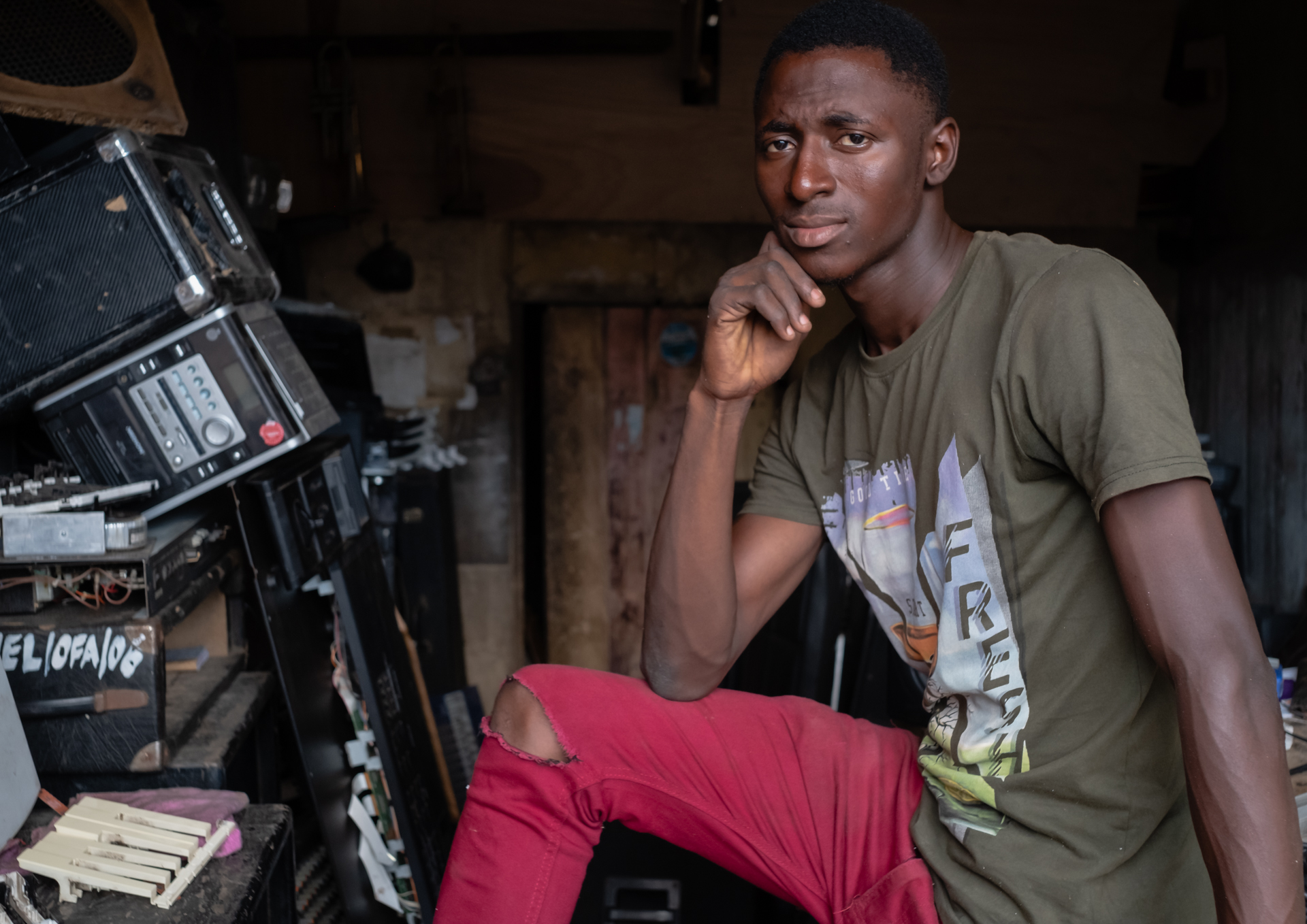Accra was identified in a 2008 Greenpeace report, as a major ‘dumping ground’ for US and European e-waste (e.g. electronic waste from TVs, consumer electronics, PCs and mobile phones) and one area, Agbogbloshie, described as ‘Sodom and Gomorrah’, was viewed like a scene from Dante’s Inferno, as locals attempted to recover copper and other metals by burning off the insulation. When I visited in 2018 the reality was somewhat mixed. There was still some burning of e-waste to recover copper and other metals, but there was also a much bigger thriving repair and recycling economy in and around the landfill site, and a proposed new e-waste recycling and repair training centre, to be funded by German regional investment.



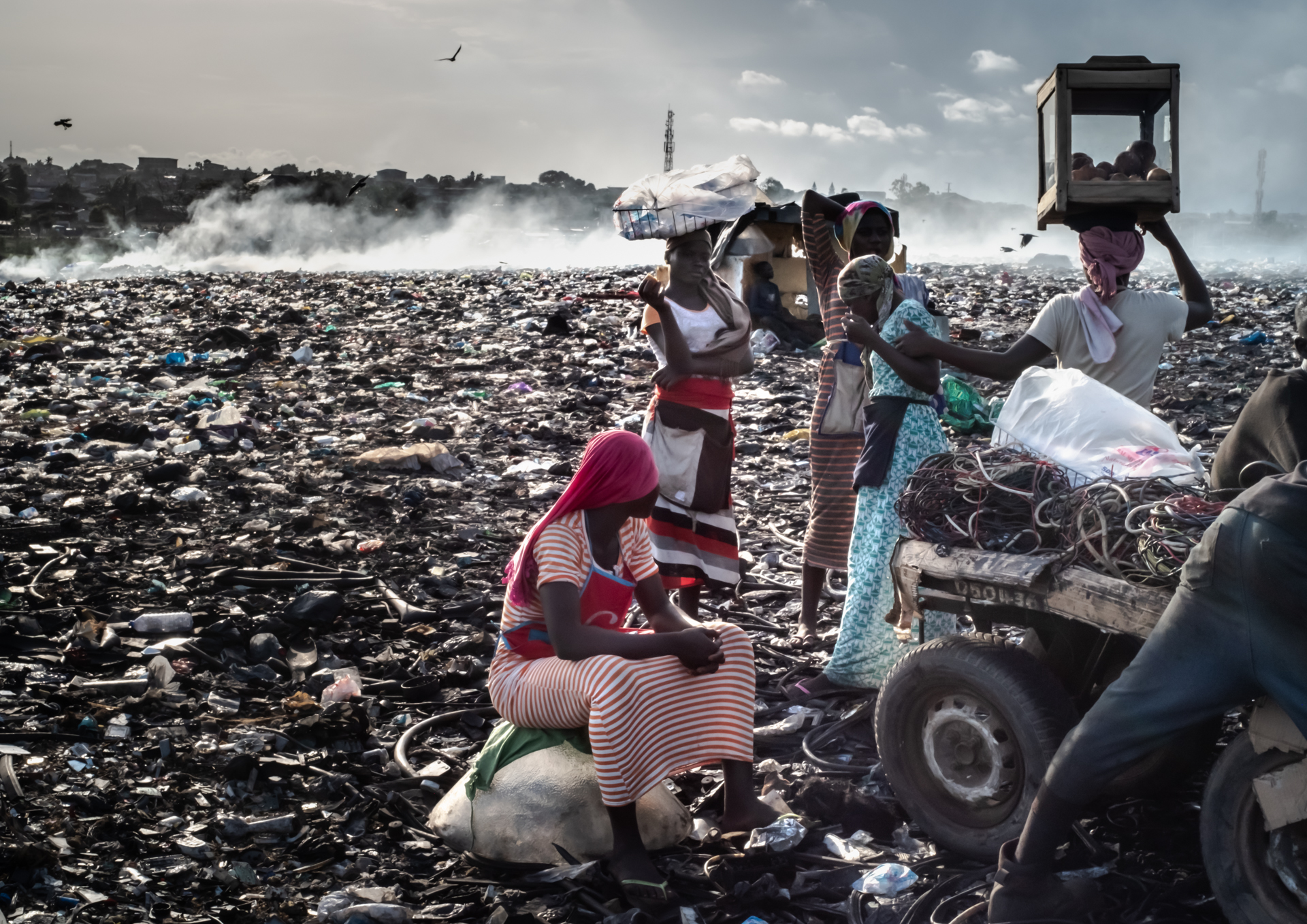
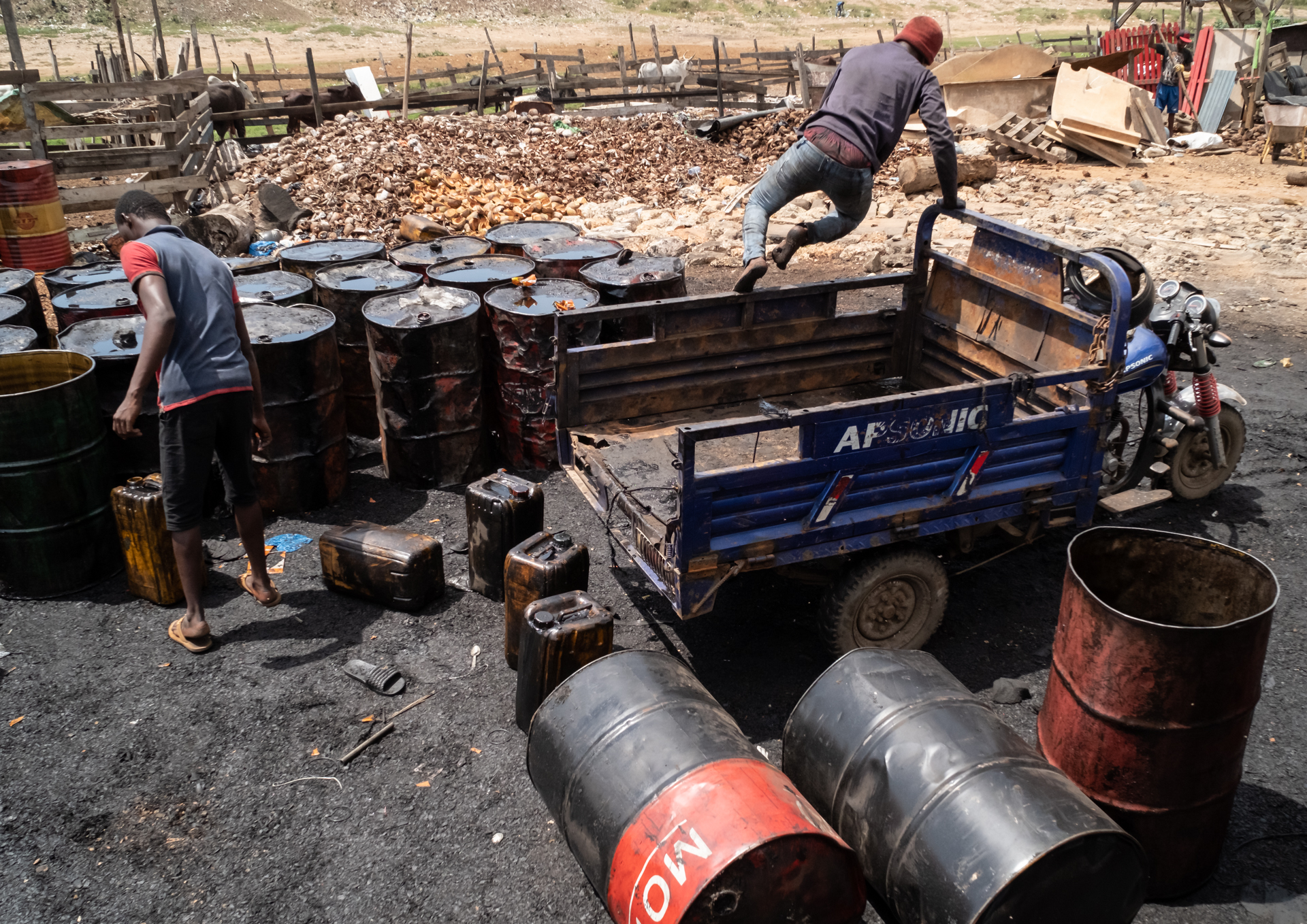
![[stories3_2]](https://unbroken.solutions/wp-content/uploads/2022/03/stories3_2.jpg)
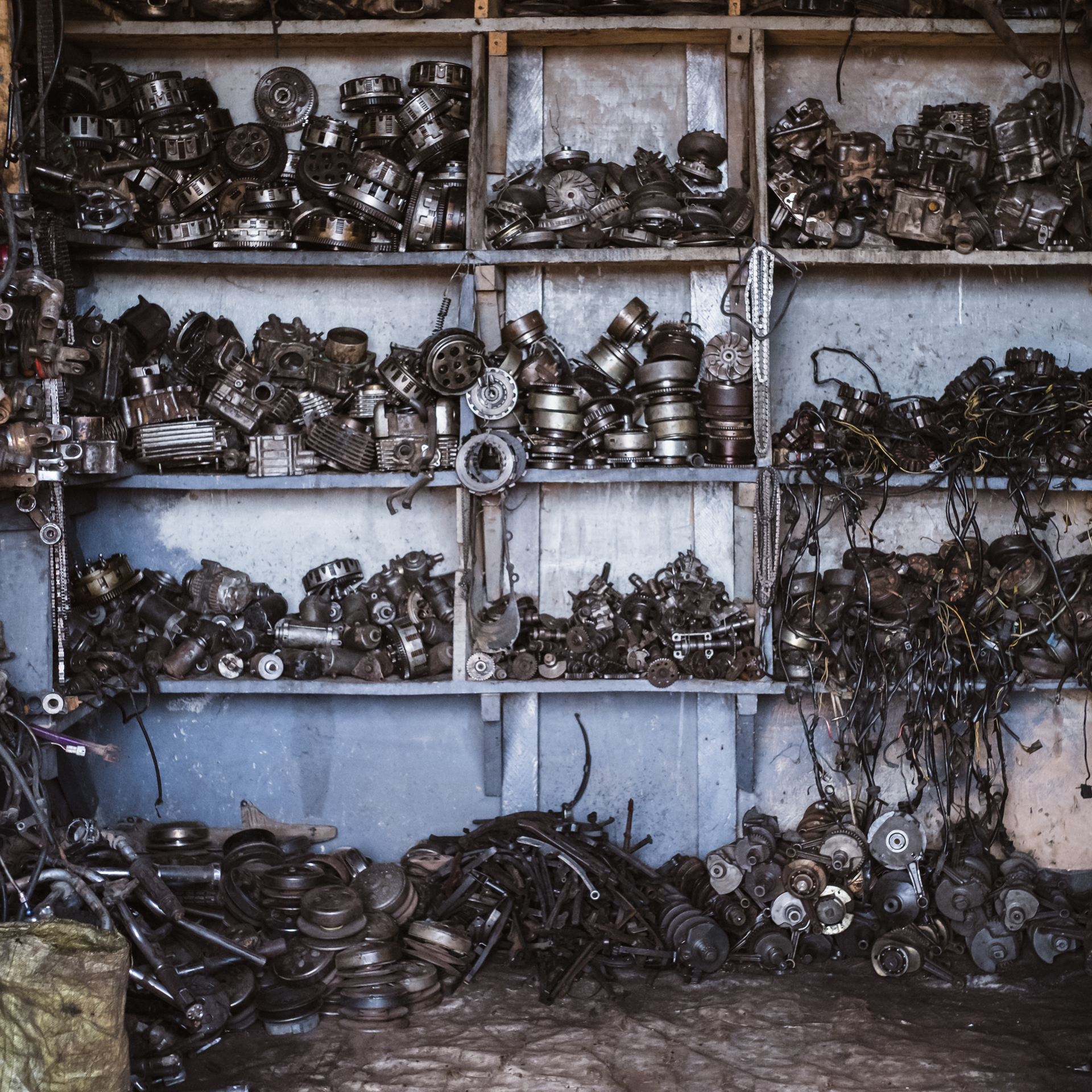
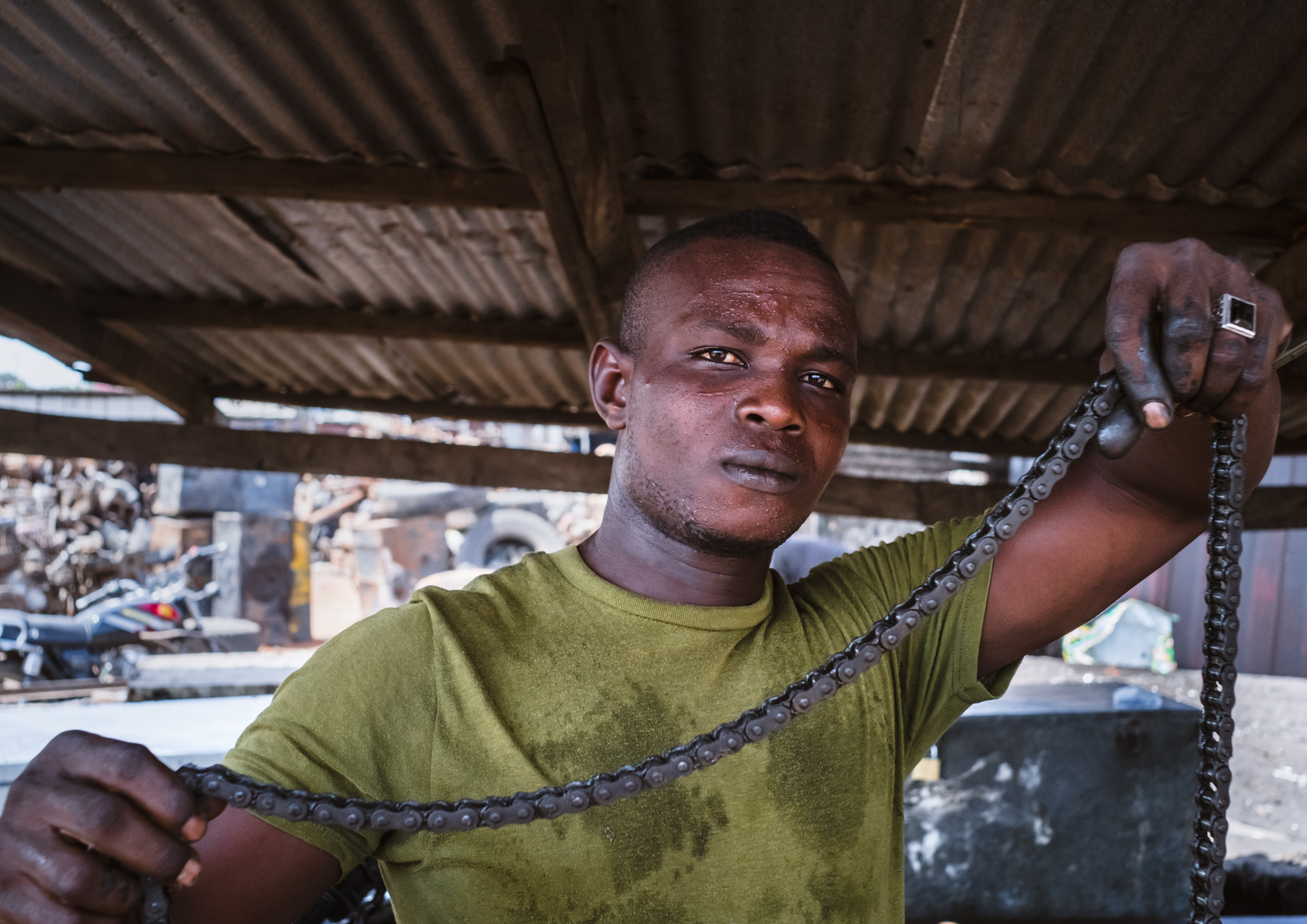
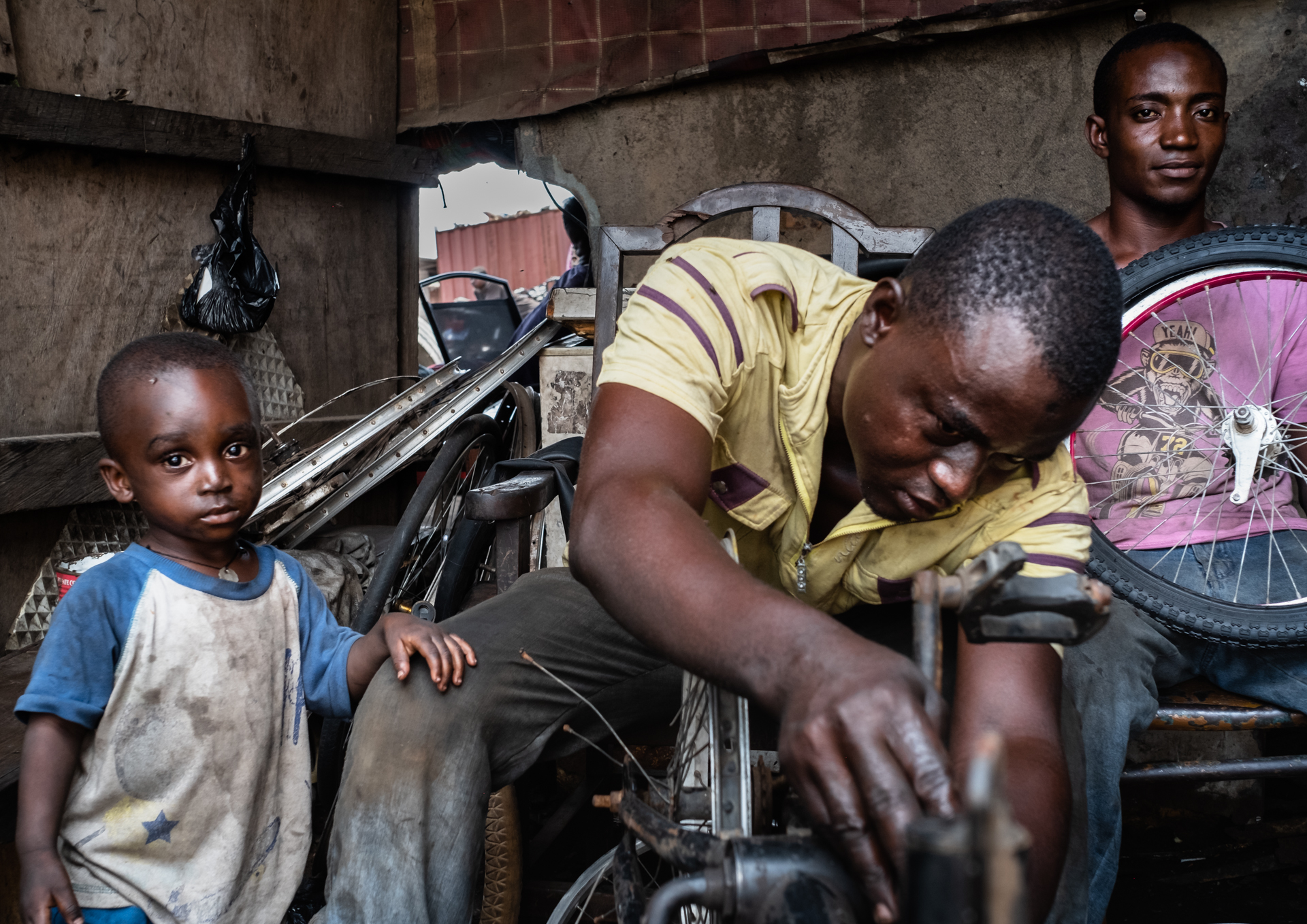
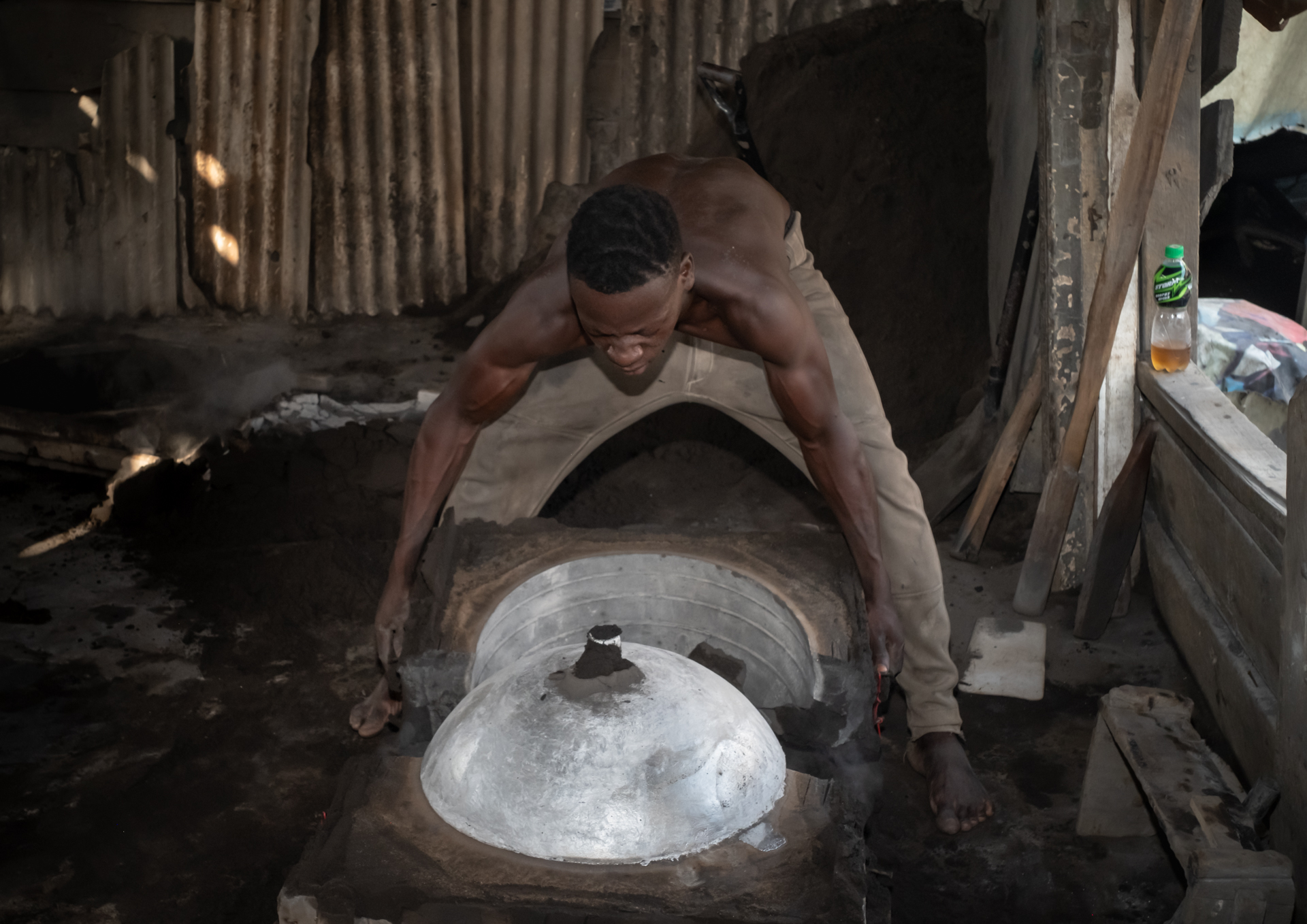
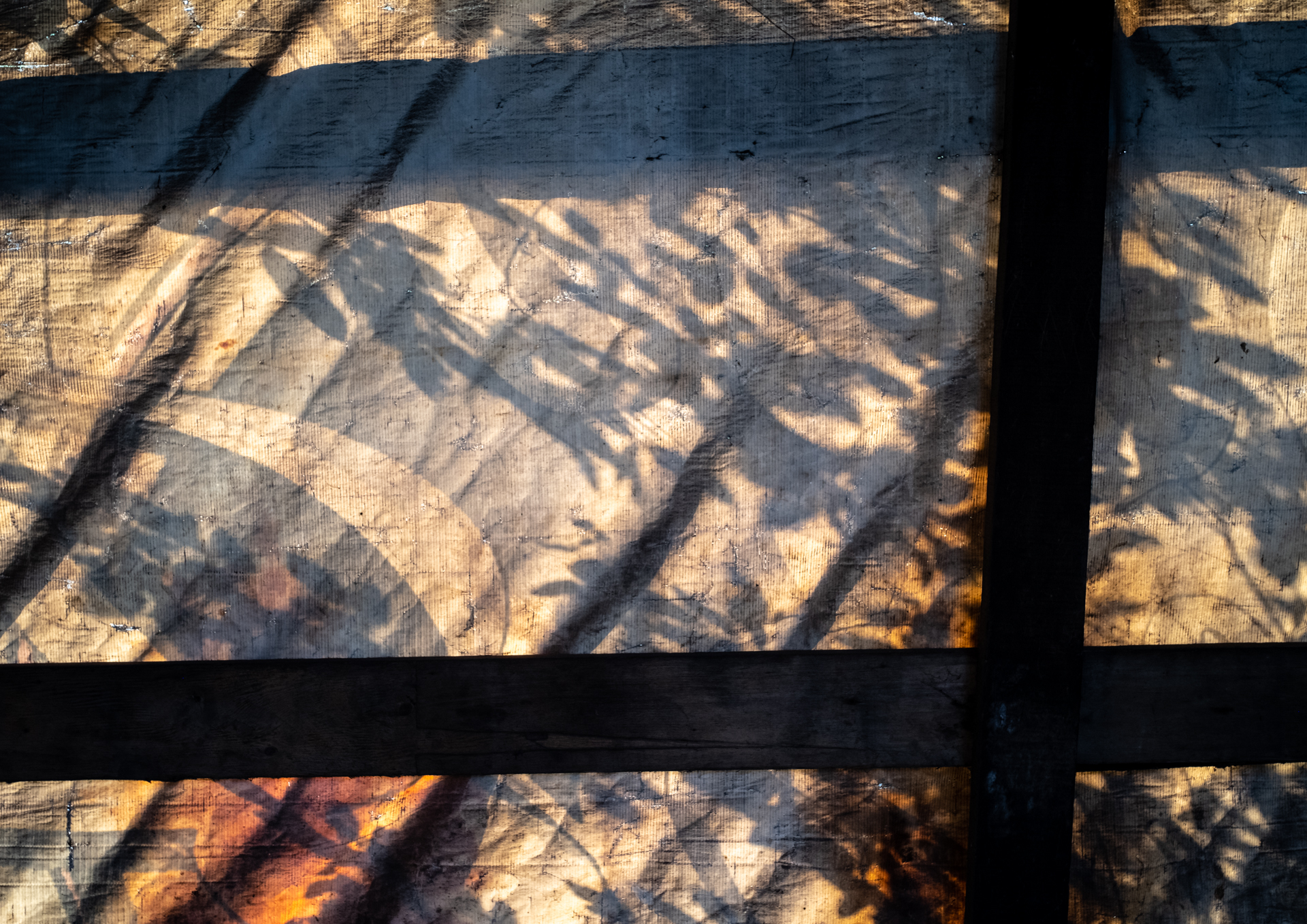
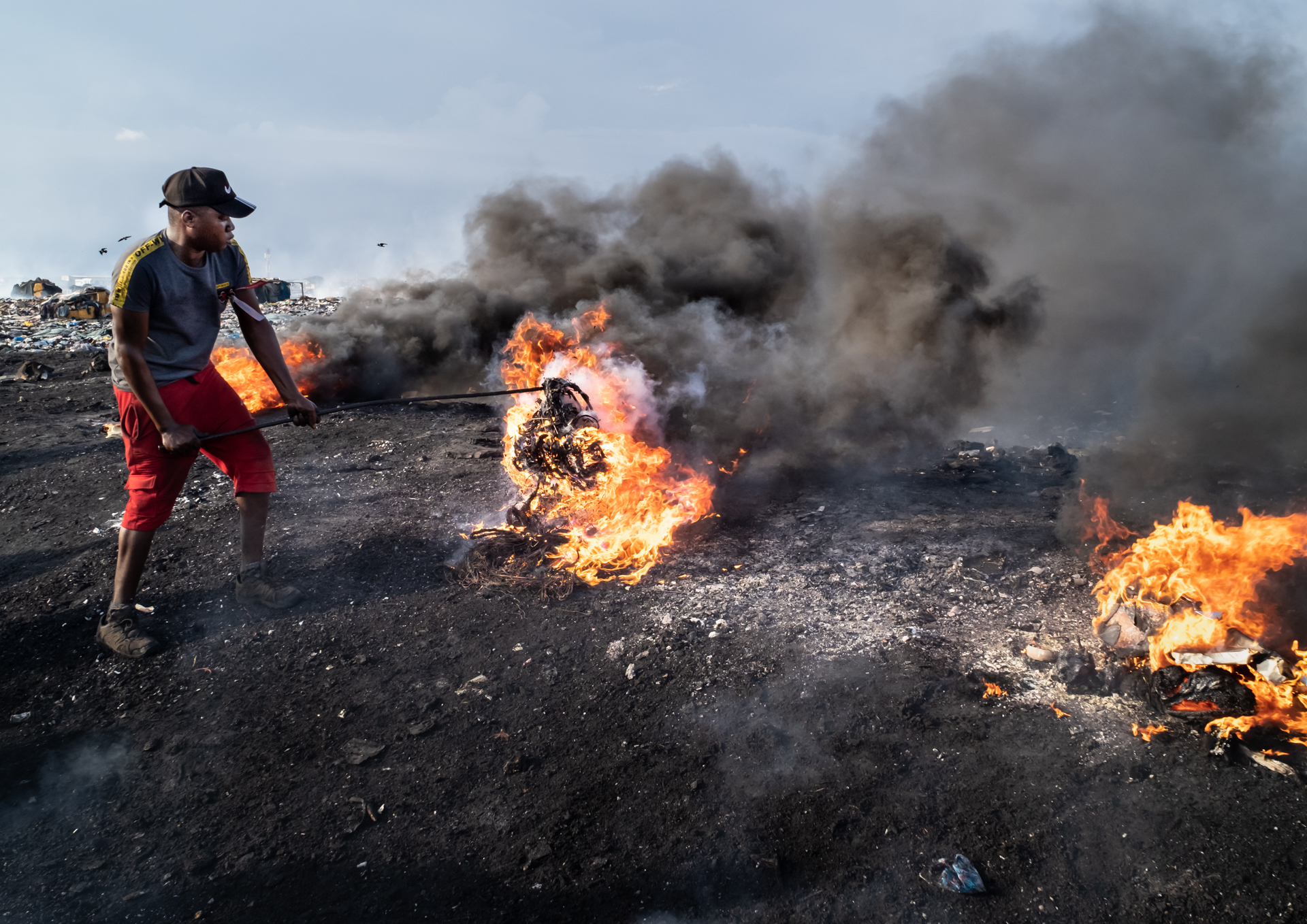
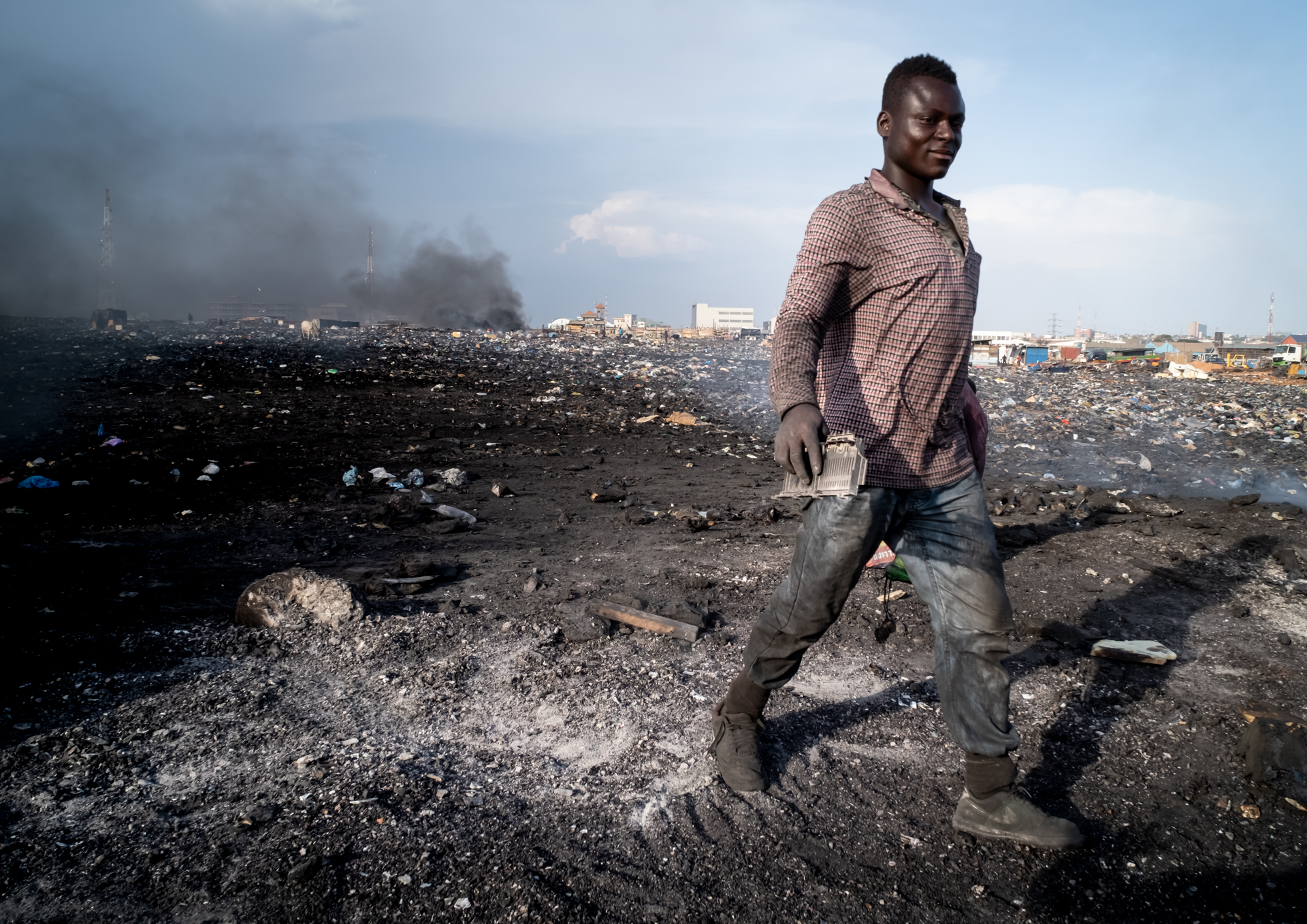
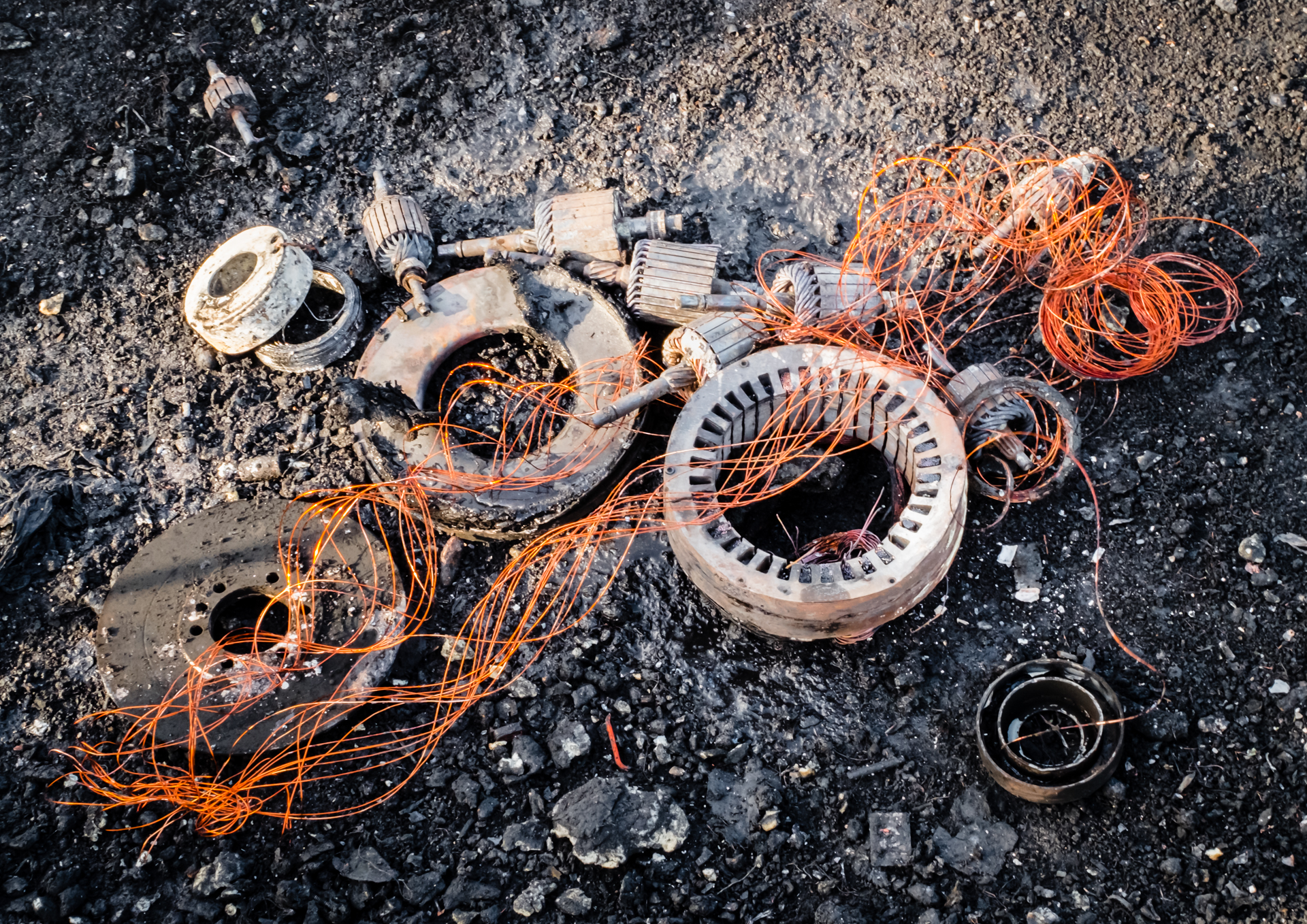
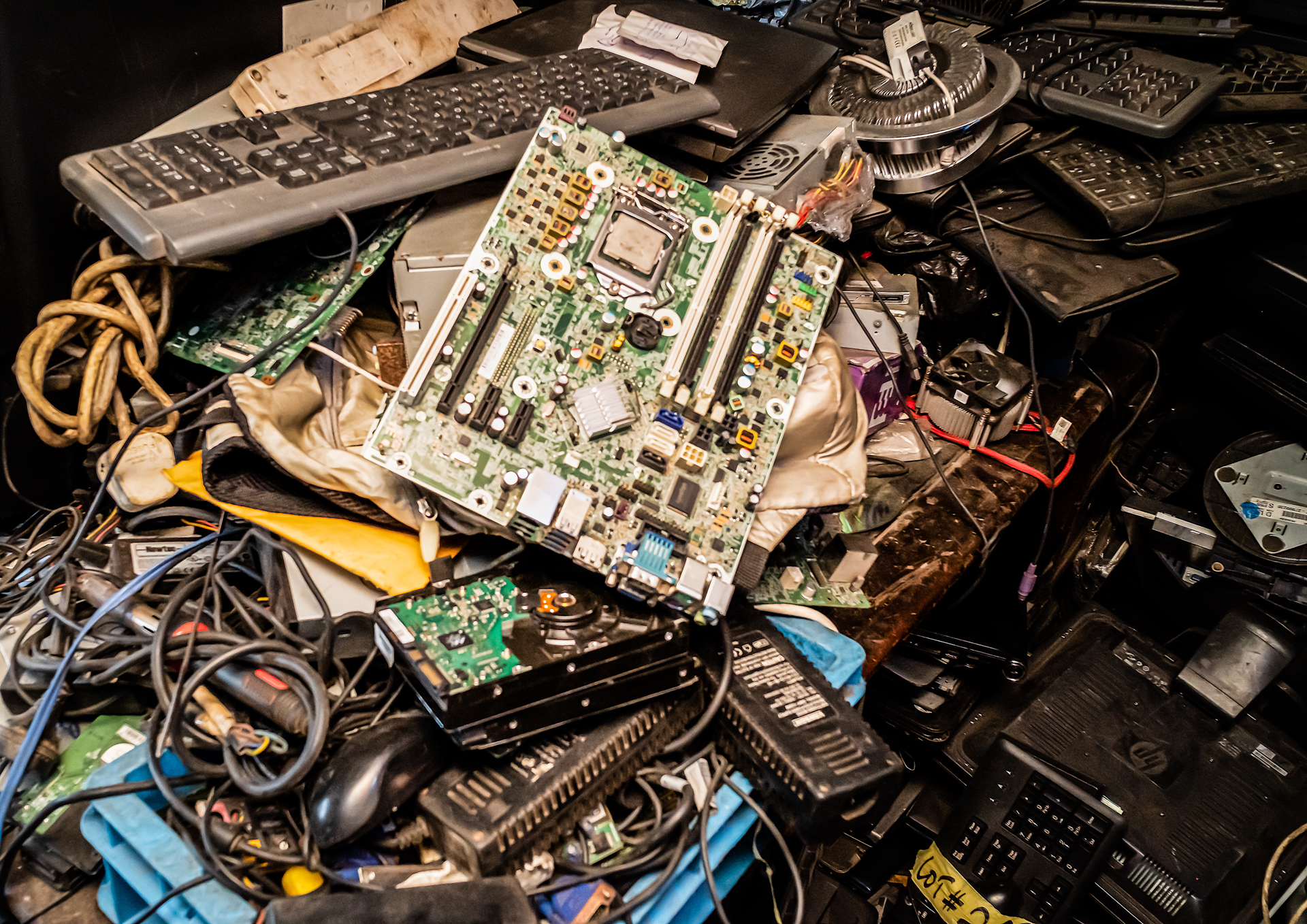
![[stories3_20]](https://unbroken.solutions/wp-content/uploads/2022/03/stories3_20.jpg)
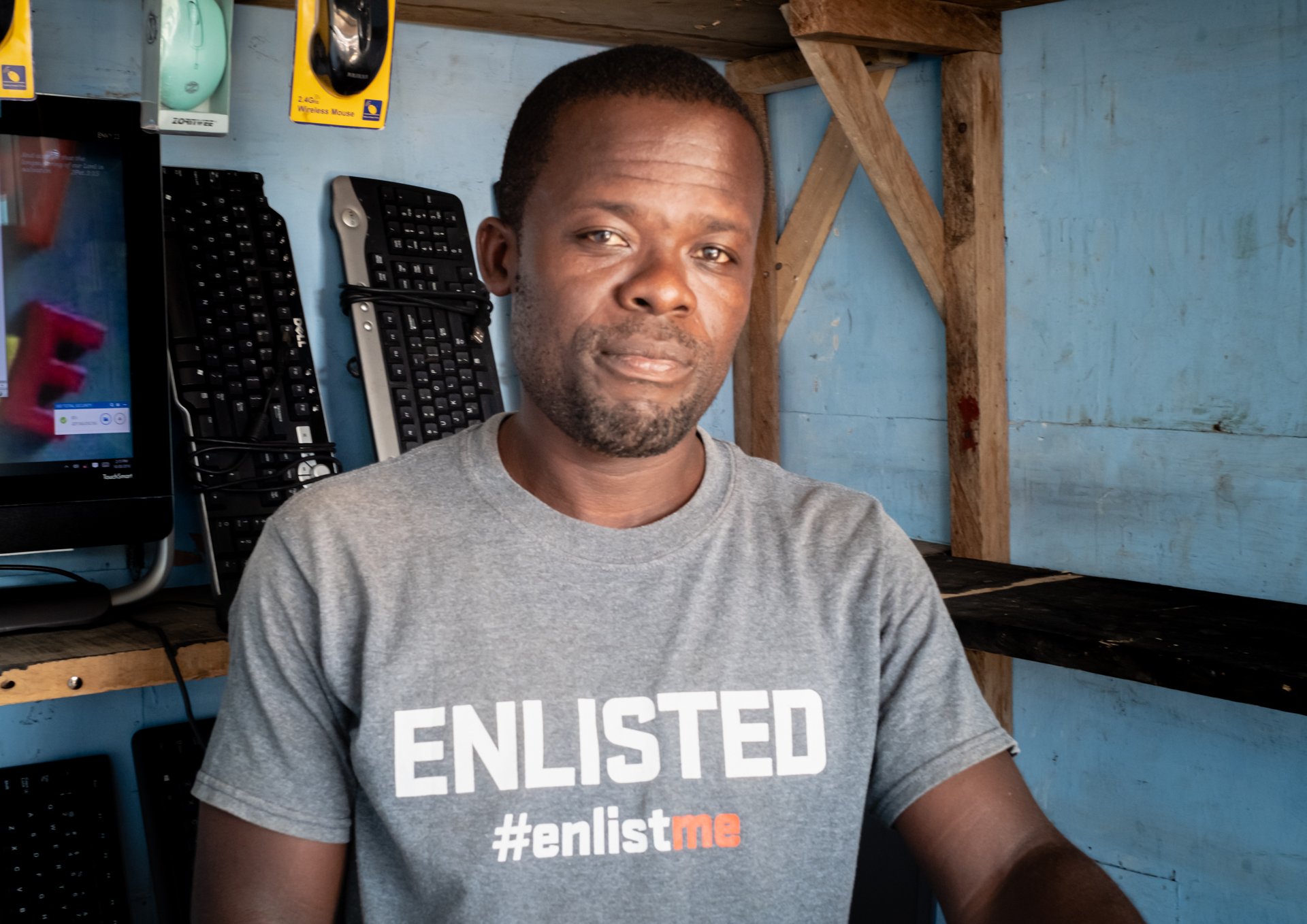
![[stories3_19]](https://unbroken.solutions/wp-content/uploads/2022/03/stories3_19.jpg)
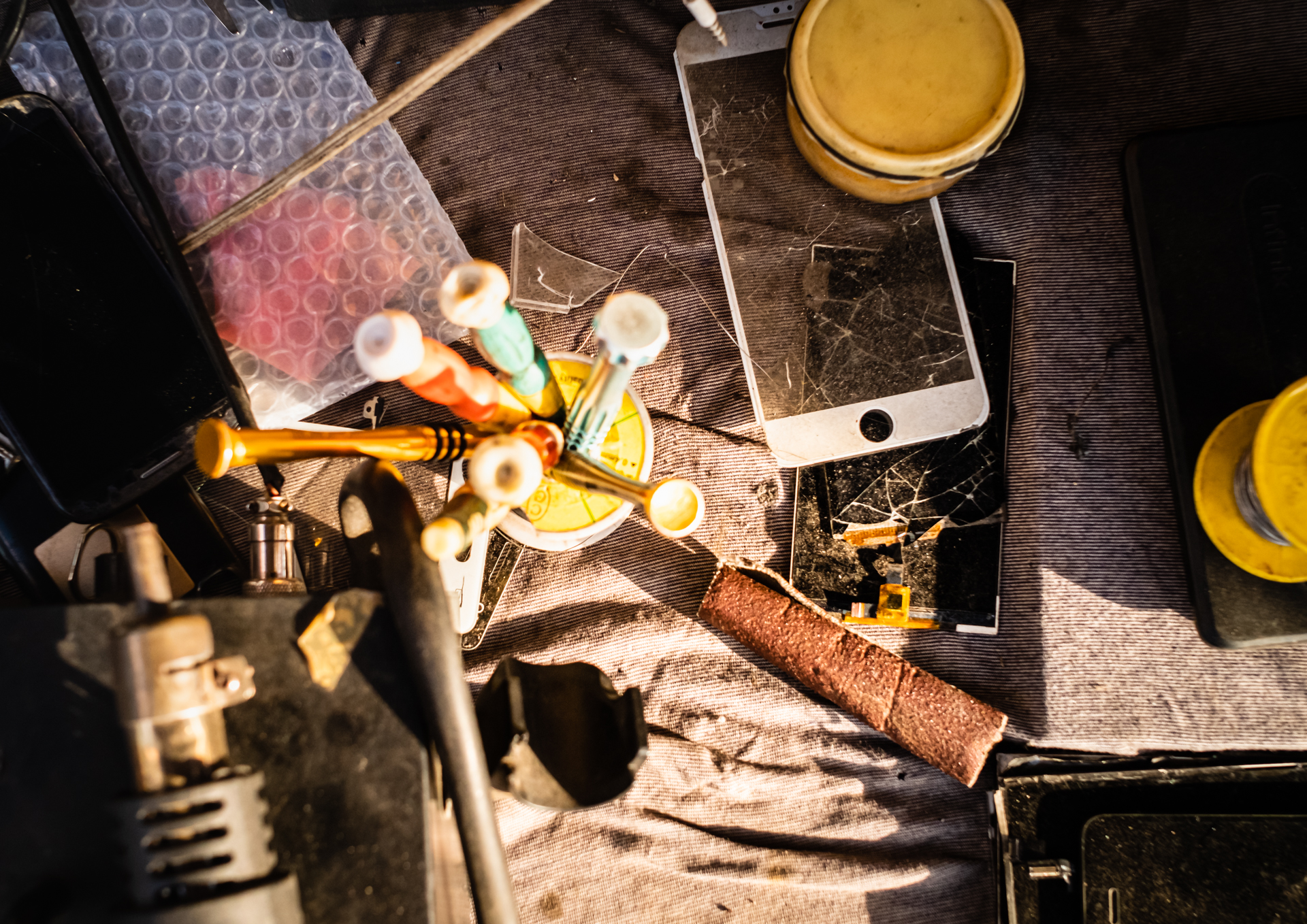
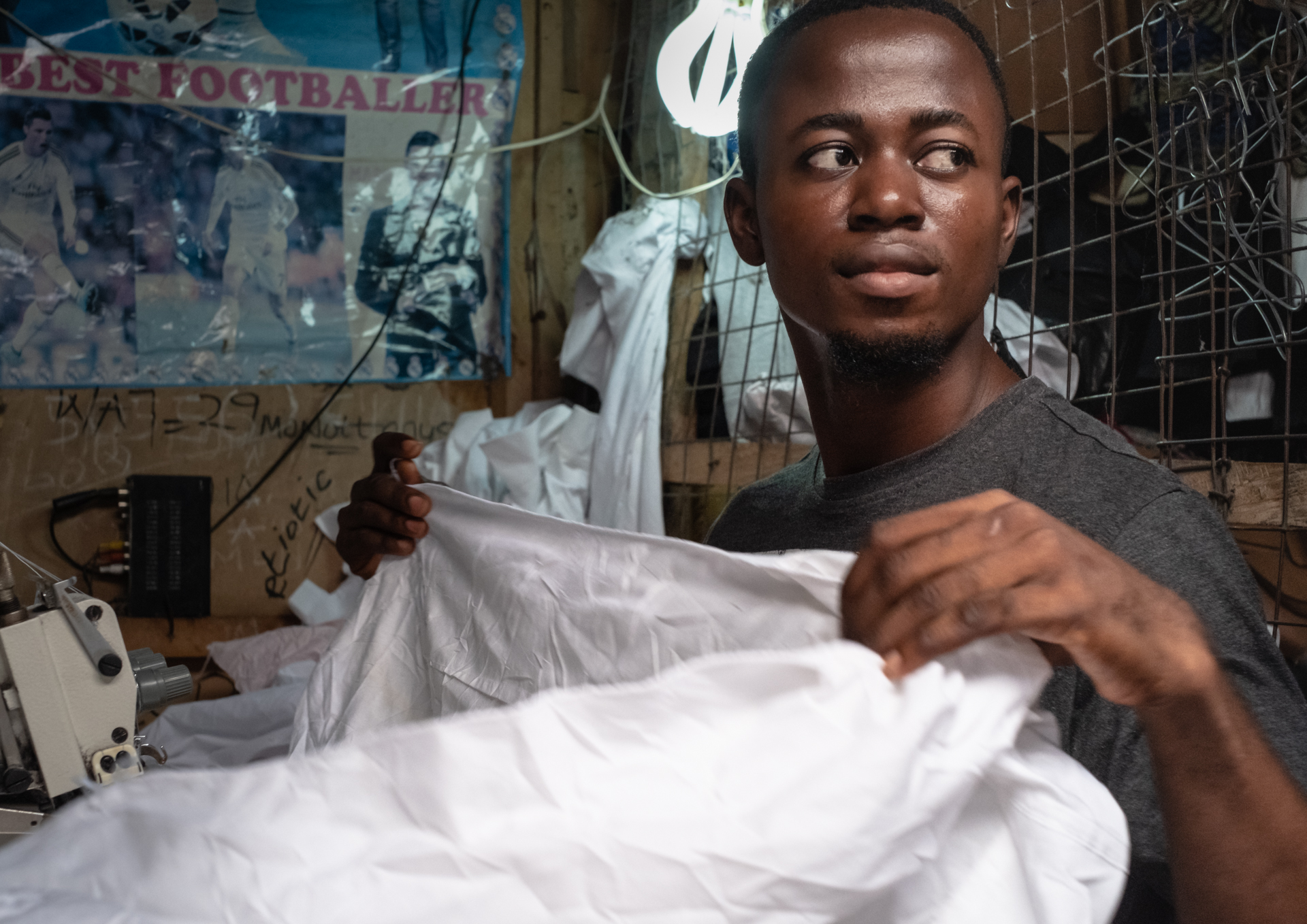
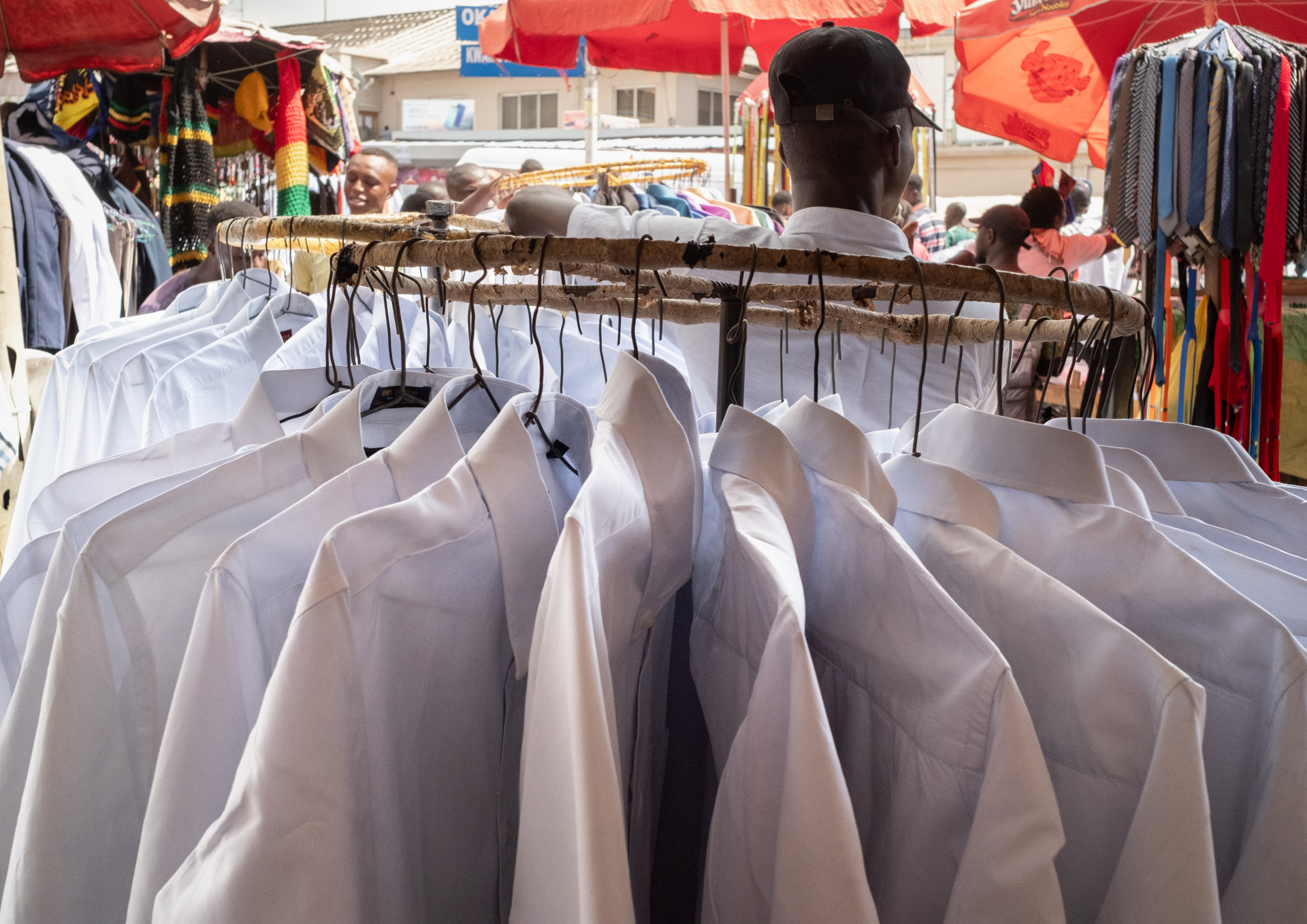
![[stories3_16]]](https://unbroken.solutions/wp-content/uploads/2022/03/stories3_16.jpg)
